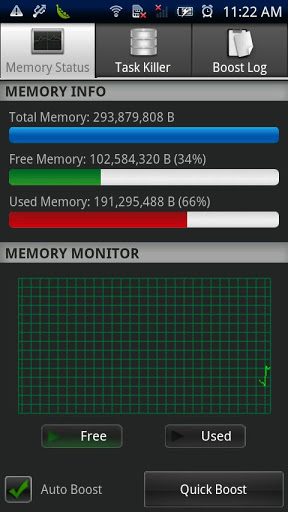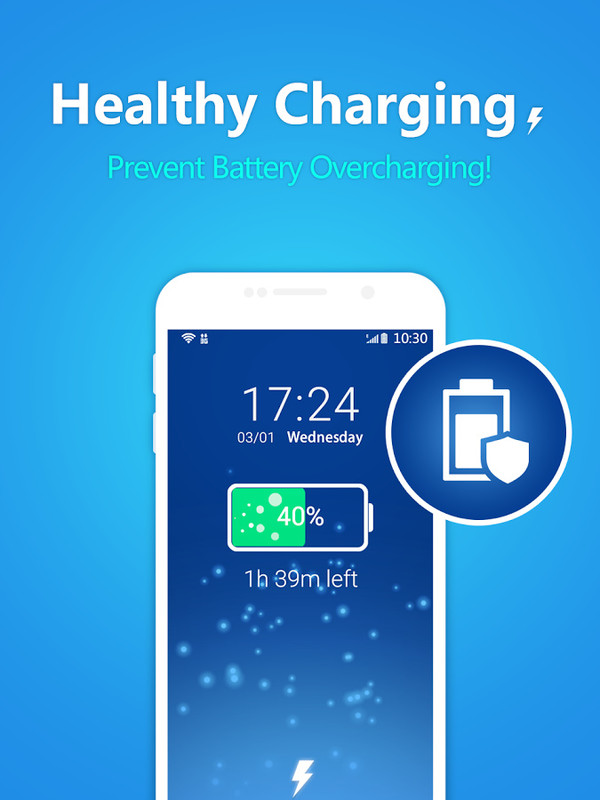


This can be done in Settings>Apps, then tap on an app. If swiping away an app doesn't help, then you might need to take a tougher approach and close the app manually. So remember to limit the number of widgets and live wallpapers in effect to optimize your current available memory.ĭo you really need all those widgets? / © NextPit This can also cause your battery to drain faster. Many refresh often and occupy bandwidth, while some are continuously active. Widgets and live wallpapers are both pretty greedy when it comes to RAM usage. So, if you can reduce what's running, you can free up more memory for the tasks that really matter. As a rule of thumb, the more your phone is doing. For those devices, you can't magically add more memory, but you can make better use of what you've got. In this first part, we focus on tips for non-rooted devices. Now that you know what RAM is, we'll show you how to preserve it. What you can do, though, is use it more efficiently. Like internal storage, RAM is a physical component of your device so you can't just stick more in. After a while, those issues can have noticeable results such as slow performance, lagging and stuttering, and the odd crash.

Some applications and system processes run when you don't need them to, while others don't clean up after themselves when they quit. The problem with phone RAM is that it isn't always emptied properly, and apps don't always behave. How much memory do you really need on your smartphone?.For example, you can have more browser tabs open, more apps running or more system features doing their stuff. The more RAM you have, the more you can do. For example, when you're editing a photo both the photo and the app you're using to edit it are in the device's RAM when you're finished, the photo is saved to your device's storage so it can't get lost. RAM is what your device uses when it's doing something. What is RAM (Random Access Memory) on a phone? Nonetheless, if you have an older device or are troubleshooting the reasons for slowdown on your phone, then we can take a look at how to conserve the RAM to see if it might help.

Generally speaking, the Android system is quite good at RAM management, and modern smartphones pack more than enough memory to get the job done, so RAM worries on Android devices are largely a thing of the past.


 0 kommentar(er)
0 kommentar(er)
